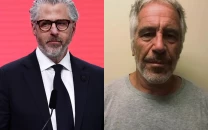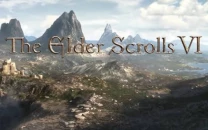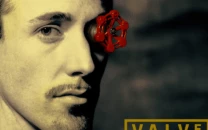Japanese government urges OpenAI to prevent copyright violations in Sora 2 video generator
Japan has asked OpenAI to stop Sora 2 from generating videos using copyrighted anime and game characters
1726054615-0/OpenAI-(2)1726054615-0-640x480.webp)
The Japanese government has formally requested OpenAI to prevent copyright infringement through its video generation tool, Sora 2, after the model was found capable of producing videos featuring copyrighted characters from popular anime and video games.
Minister of State for Intellectual Property and AI Strategy Minoru Kiuchi announced the request during a Cabinet Office press conference.
Speaking on behalf of the government, he urged the American company to refrain from unauthorised use of Japanese intellectual property, describing manga and anime as “irreplaceable treasures” that Japan showcases to the world.
Sora 2, launched on 1 October, allows users to create 20-second, high-definition videos with sound. Shortly after its release, social media platforms were flooded with AI-generated clips depicting characters from major franchises such as One Piece, Demon Slayer, Pokémon, and Mario, sparking widespread concern among Japanese creators and fans.
Digital Minister Masaaki Taira expressed hopes that OpenAI would voluntarily comply, while other lawmakers pointed to Japan’s recently enforced AI Promotion Act, which encourages responsible AI use but does not impose direct penalties. LDP member Akihisa Shiozaki commented that Japan should lead efforts to establish international rules on AI and copyright protection.
OpenAI CEO Sam Altman previously addressed the issue, referring to Sora 2’s user-generated content as “interactive fan fiction” and confirming that OpenAI would introduce tools giving rightsholders greater control over how their characters are used. Altman also acknowledged Japan’s creative influence, noting its deep connection with global audiences.
At present, OpenAI has not issued a formal response to the Japanese government’s request. The matter has intensified discussions about AI-generated content, copyright enforcement, and the balance between creative innovation and intellectual property protection.


-(1)1718534695-0/house-of-dragon-(1)-(1)1718534695-0-208x130.webp)

















COMMENTS
Comments are moderated and generally will be posted if they are on-topic and not abusive.
For more information, please see our Comments FAQ